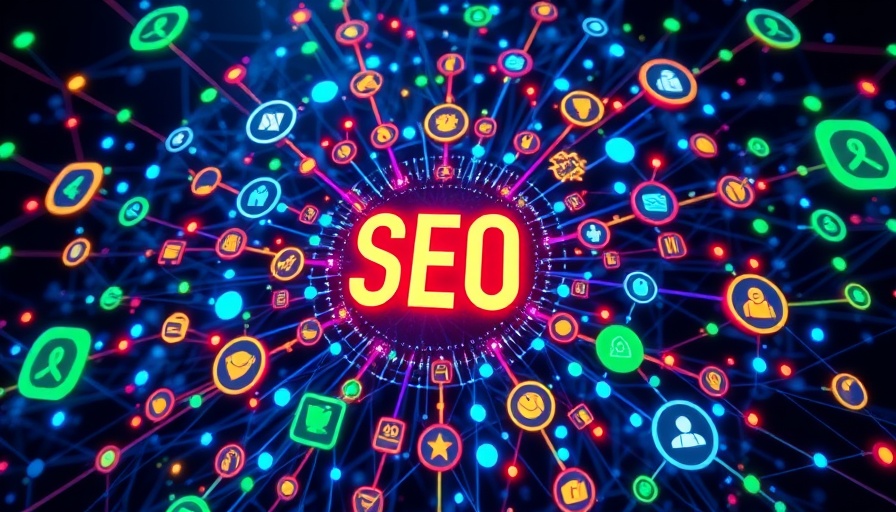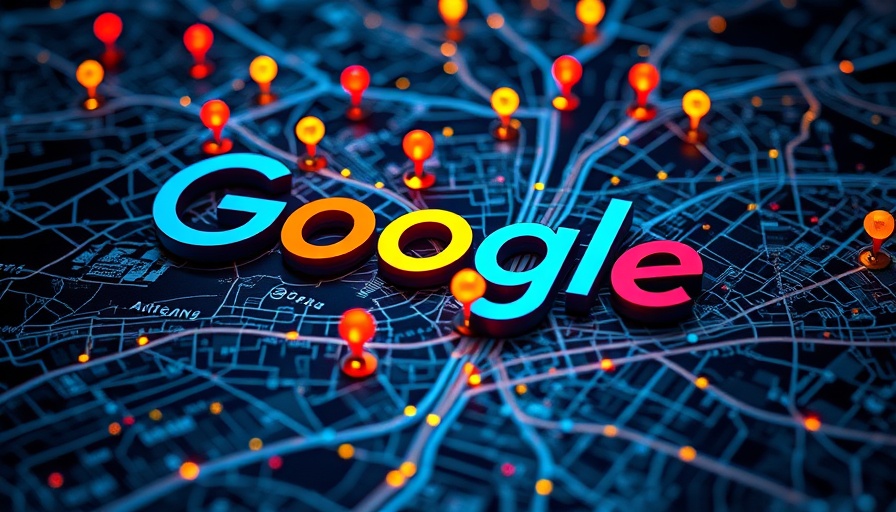
The Search Landscape Post-Google Update: A Bumpy Ride
In the aftermath of Google’s June 2025 core update, the search engine landscape has been rife with volatility. According to recent reports, ranking fluctuations have intensified, with responses from within the marketing community indicating a heightened level of concern and scrutiny. The data reveals that this uncertainty is not merely anecdotal; tracking tools confirm significant shifts, hinting at an ongoing evolution in how search results are generated and displayed. For small business owners and marketers, this means an urgent need to adapt to a new reality where SEO strategies must be both flexible and forward-thinking.
Is ChatGPT Replacing Traditional Search?
Another fascinating development is the apparent crossover between Google search results and OpenAI’s ChatGPT. Recent investigations suggest that ChatGPT’s search feature may be leveraging Google’s index to formulate its results. This raises an important question for marketers: how will this influence consumer behavior and engagement? As ChatGPT, and similar AI tools, continue to evolve, they could change the dynamics of search, making it essential for business owners to understand these changes and adapt their marketing strategies accordingly.
AI and the New Google Web Guide
Google has launched an innovative feature called the Web Guide, which organizes search results using its Gemini AI technology. This feature is designed to categorize results, making it easier for users to find relevant information. This development creates new opportunities for marketers to optimize content with a focus on categorized keywords. For agencies, crafting targeted content strategies that align with AI-driven search features may become crucial for maintaining visibility.
Exploring Google’s Virtual Try-On and Custom Alerts
In terms of enhancing the user experience, Google has also unveiled its virtual try-on feature, coupled with customized price alerts. This allows consumers to engage more interactively with products like clothing, significantly influencing purchasing decisions. Marketers targeting the fashion industry should harness this technology to provide seamless, personalized shopping experiences while leveraging insights gained from user interaction data.
New Reporting Features in Google Ads
On the advertising side, Google is enhancing Responsive Search Ads (RSAs) by incorporating detailed click and conversion data per ad headline. For small business owners, this presents a chance to refine ad copy to align better with audience preferences. Understanding which headlines convert can lead to more effective campaigns and improved ROI.
Impact of AI Overviews on Clicks
Google’s integration of AI Overviews for topics like song lyrics has raised eyebrows in the marketing community due to findings from a Pew Research study indicating a decrease in click-through rates when these overviews are present. This emphasizes the need for businesses to rethink click-driven strategies and focus on providing unique value propositions that encourage deeper engagement.
Understanding the Bigger Picture
While the fluctuations in Google rankings and the shift toward AI-driven search features pose challenges, they also present significant opportunities. Marketers must stay ahead of the curve by understanding how these technologies will shape search behavior and visibility. Small businesses that remain agile and foster an innovative marketing culture will likely benefit from the changing landscape, particularly as the influence of AI continues to grow.
For marketers and small business owners, the changes in the search landscape are not just passing trends; they are indicators of a fundamental shift in how consumers seek and receive information. By embracing these tools and trends, businesses can position themselves for success in an increasingly AI-driven world.
 Add Row
Add Row  Add
Add 




Write A Comment